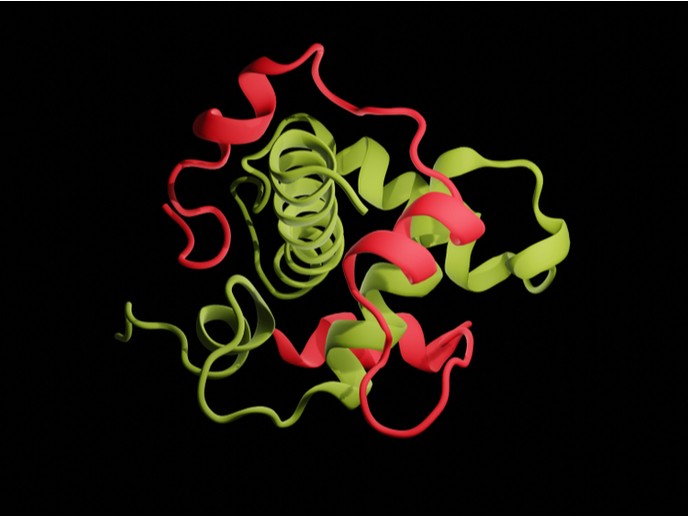European Research Council grantee wins Nobel Prize in Physiology or Medicine
Sir Peter J. Ratcliffe, Prof. William G. Kaelin Jr of Harvard University and Prof. Gregg L. Semenza of Johns Hopkins University have jointly won the 2019 Nobel Prize in Physiology or Medicine “for their discoveries of how cells sense and adapt to oxygen availability,” as stated in a press release(opens in new window) posted on the official Nobel Prize website. “The seminal discoveries by this year’s Nobel Laureates revealed the mechanism for one of life’s most essential adaptive processes. They established the basis for our understanding of how oxygen levels affect cellular metabolism and physiological function.” Prof. Ratcliffe is Director for the Target Discovery Institute within the Nuffield Department of Medicine at the University of Oxford and Director of Clinical Research at London’s Francis Crick Institute. The laureate commented on the win in an Oxford University news release(opens in new window): “I’m honoured and delighted at the news. I’ve had great support from so many people over the years. It’s a tribute to the lab, to those who helped me set it up and worked with me on the project over the years, to many others in the field, and not least to my family for their forbearance of all the up and downs.”
Fighting diseases
In a news item(opens in new window) on the European Research Council (ERC) website, Carlos Moedas, Commissioner for Research, Science and Innovation, said: “I am proud to say that EU funding has supported one of this year’s Nobel Prize laureates to gain insights into how cells adapt to changes in oxygen levels, which is key to fighting a large number of diseases facing our society.” According to the same news item, Prof. Ratcliffe was awarded an ERC Advanced Grant in 2008 together with Prof. Christopher J. Schofield. “The goal of their project was to study proteins involved in oxygen sensing in cells, namely hypoxia inducible factor (HIF) hydroxylases.” The ERC grant helped the two scientists study “how cells sense and signal hypoxia i.e. low levels of oxygen.” They conducted their research under the EU-funded MOOSE (Molecular Mechanism of Oxygen Sensing by Enzymes) project that ran between 2009 and 2014. In a CORDIS final report summary(opens in new window), Profs Ratcliffe and Schofield explained the objective of their interdisciplinary work: “Our objectives were to further our basic understanding of the hypoxic response and to enable pharmaceutical efforts in its manipulation.” The ERC news item(opens in new window) stated: “The project succeeded in providing a detailed structural and chemical characterisation of human hydroxylase enzymes, and also led to the development of inhibitors of these enzymes. Modulating how cells respond to hypoxia could in the future be of therapeutic use in ischaemic disease and cancer.” A scientific background document(opens in new window) explains in detail the role of HIF in the work of the three Nobel Prize winners and other researchers. It also emphasises the importance of HIF for a wide range of applications in medicine and pharmacology. “Pharmacologically increased HIF function may aid in the treatment of a wide range of diseases, as HIF has been shown to be essential for phenomena as diverse as immune function, cartilage formation, and wound healing.” The document adds: “Conversely, inhibition of HIF function could also have many applications: increased levels of HIF are seen in many cancers as well as in some cardiovascular diseases, including stroke, heart attack, and pulmonary hypertension.” For more information, please see: MOOSE project(opens in new window)
Countries
United Kingdom



